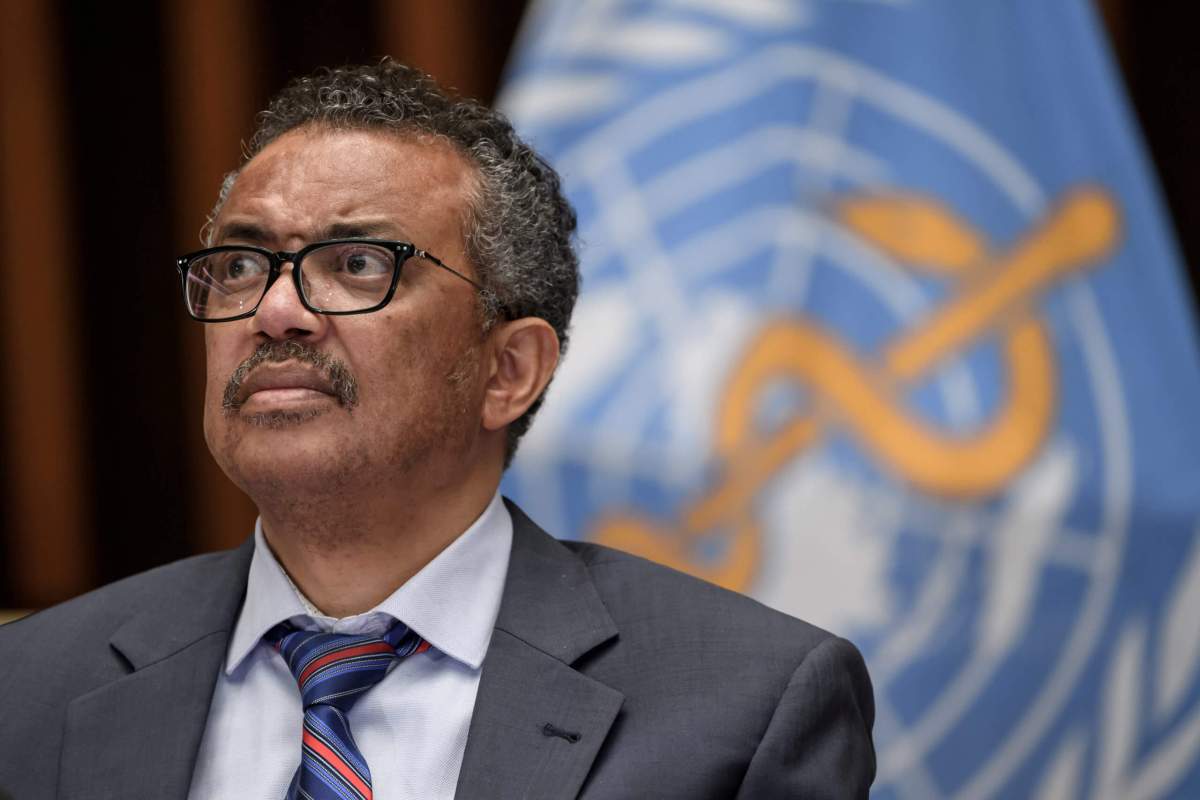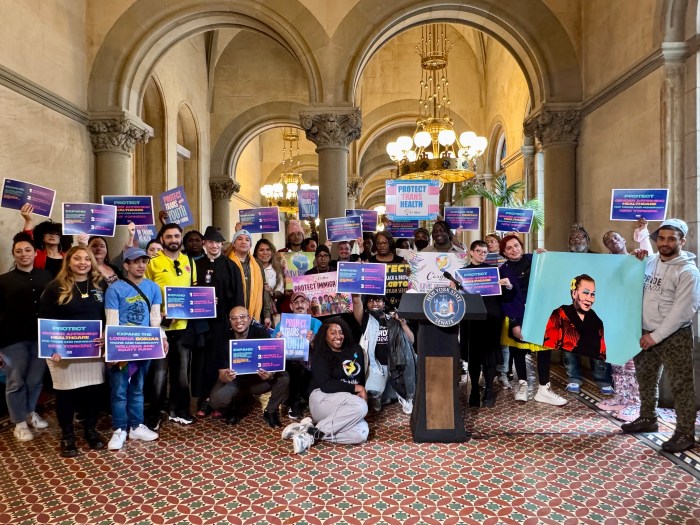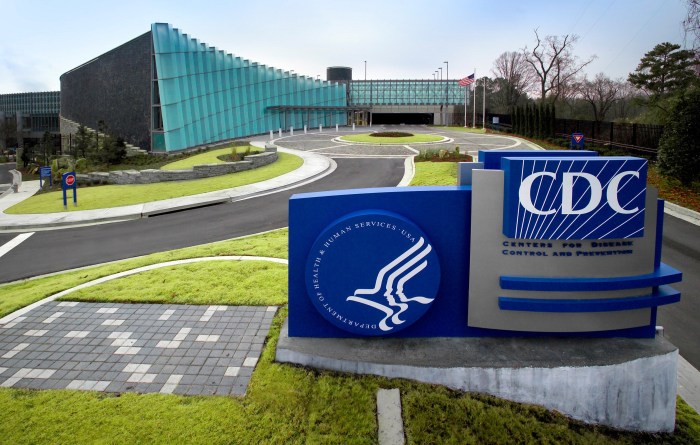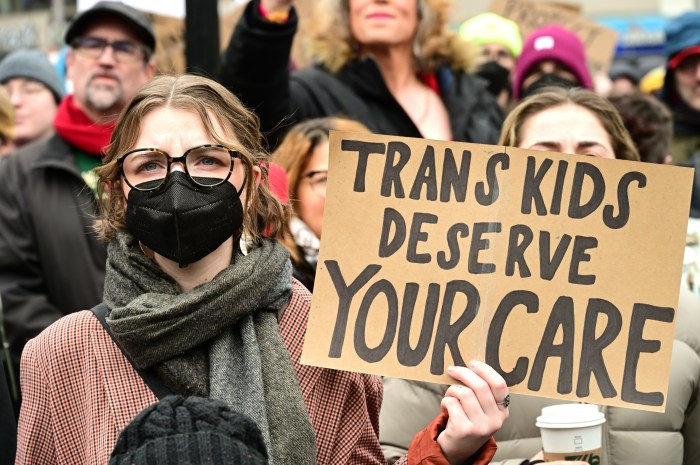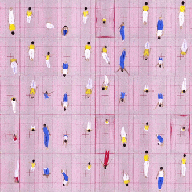A World Health Organization (WHO) survey found that 73 countries are at risk of running out of antiretroviral medication and 23 of those nations are “critically low” on supplies as the coronavirus pandemic continues to threaten the distribution of life-saving HIV drugs around the world.
The survey revealed that the drop in supply has been fueled by disruptions in land and air travel due to the pandemic, as well as reduced access to health services following the widespread shuttering of clinics.
“The findings of this survey are deeply concerning,” Dr. Tedros Adhanom Ghebreyesus, WHO’s director-general, said in a written statement. “Countries and their development partners must do all they can to ensure that people who need HIV treatment continue to access it. We cannot let the COVID-19 pandemic undo the hard-won gains in the global response to this disease.”
A press release detailing the survey did not disclose which countries were at risk and an email seeking that information was not immediately returned on July 10. However, there are already concerns about HIV/ AIDS in sub-Saharan Africa following the release of a report commissioned by WHO and the Joint United Nations Programme on HIV/AIDS (UNAIDS) in May predicting that the disruptions fueled by the coronavirus pandemic could lead to an extra 500,000 AIDS-related deaths in that region. Just 64 percent of the 25.7 million people living with HIV in sub-Saharan Africa were on treatment in 2018, and experts fear that population is particularly vulnerable.
In the two-dozen nations facing the greatest risk, 7.3 million people were receiving antiretroviral treatment last year, according to WHO.
Despite significant gains made on a global scale between 2000 and 2019, when new HIV-related infections decreased by 39 percent, data from recent years indicates that those gains had started to level out as of late. The amount of HIV infections held steady at 1.7 million in the last two years and HIV-related deaths only dropped from 730,000 in 2018 to 690,000 in 2019, WHO noted.
WHO provided nations with guidance on how to best navigate health services during the pandemic, encouraging them to utilize “multi-month dispensing,” which entails prescribing medications for as long as six months at a time.
This week, the Trump administration gave formal notice to Congress and the United Nations of the US’ intention of withdrawing from WHO. The president’s abdication of a leadership role in global public health efforts comes as part of his frantic effort to pin the US’ dimal performance in fighting the COVID-19 pandemic on anybody but Trump.
To sign up for the Gay City News email newsletter, visit gaycitynews.com/newsletter.

